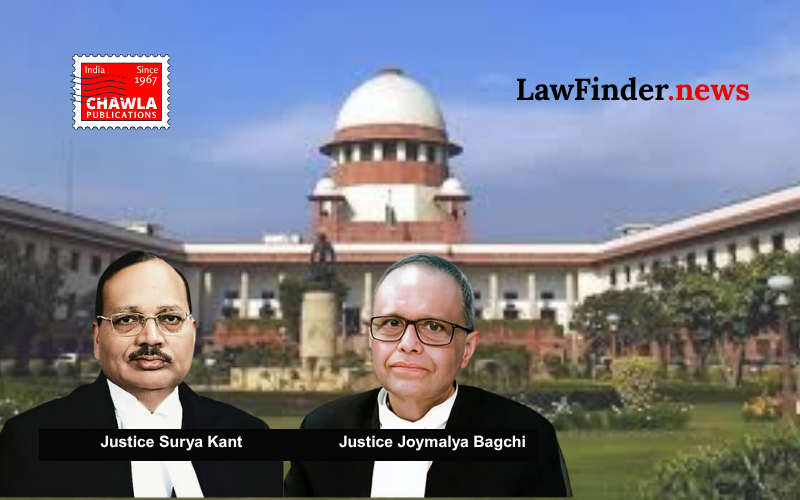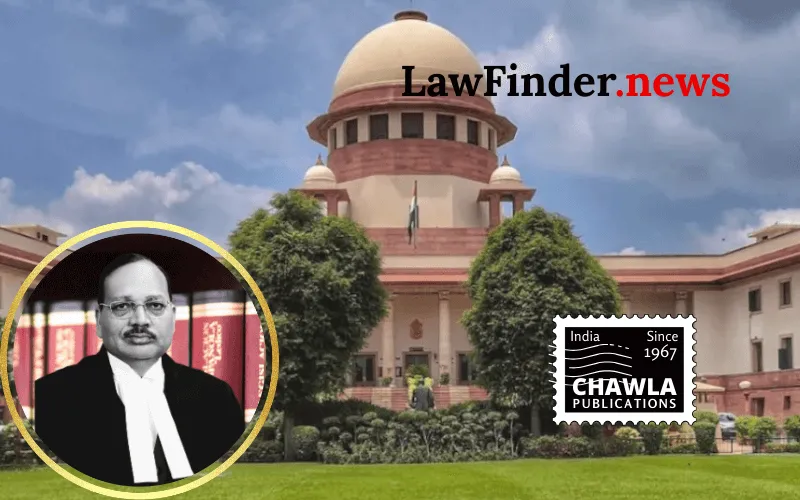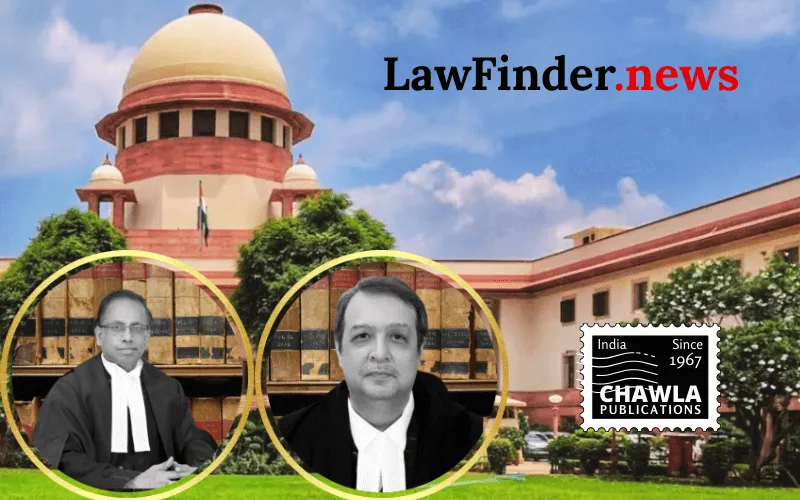Supreme Court Overturns High Court Decision, Revives CBI Case Against Narayan Niryat India Pvt. Ltd. Supreme Court asserts that lack of consent under Delhi Special Police Establishment Act must be raised promptly; directs trial to proceed.
In a significant judgment, the Supreme Court of India has overturned a decision by the Madhya Pradesh High Court, thereby reviving the criminal proceedings against M/s Narayan Niryat India Pvt. Ltd. and others. The apex court, comprising Justices Surya Kant and Joymalya Bagchi, highlighted procedural missteps in the High Court's decision to quash the proceedings and directed that the trial must continue in accordance with the law.
The case, initiated by the Central Bureau of Investigation (CBI), revolves around allegations of financial irregularities involving a consortium of banks that had extended substantial credit facilities to the company. The company's account was declared a Non-Performing Asset (NPA) in 2013, prompting recovery actions and subsequent criminal complaints by the banks. An FIR was registered by the CBI in 2020, followed by a chargesheet that was duly cognized by the Special Magistrate, CBI, Indore.
The controversy arose when the Madhya Pradesh High Court quashed the proceedings based on two main grounds: the absence of consent under Section 6 of the Delhi Special Police Establishment Act, 1946, and the improbability of the allegations on merits. The Supreme Court, however, found these grounds untenable. The Court emphasized that objections regarding the lack of consent should be raised promptly after FIR registration. Once investigation progresses and a chargesheet is filed, such objections cannot invalidate the proceedings unless they result in a severe miscarriage of justice.
Further, the Supreme Court criticized the High Court for overstepping its jurisdiction by assessing the merits of the case, a task more suited for a Trial Court. The apex court underscored that debatable issues should be left to the discretion of the Trial Court.
In its order, the Supreme Court set aside the High Court's decision and instructed the XXVII Additional Sessions Judge, Indore, to proceed with the trial. The Court also clarified that if the Trial Court finds a prima facie case against bank officials under the Prevention of Corruption Act or any other penal provision, it may summon them to face trial.
Respondents have been directed to appear before the Trial Court on October 28, 2025, to furnish bail bonds. The Supreme Court also vacated previous orders attaching the personal and family assets of the company’s directors.
This judgment reinforces the procedural rigor required in criminal proceedings and underscores the judiciary's role in ensuring justice is served without undue interference in the trial process.
Bottom Line:
Consent under Section 6 of the Delhi Special Police Establishment Act, 1946, must be raised promptly; quashing proceedings cannot be used to vitiate chargesheet validity after cognizance is taken unless severe miscarriage of justice occurs.
Statutory provision(s): Delhi Special Police Establishment Act, 1946 Section 6, Prevention of Corruption Act, 1988, Sections 420, 120-B, 406, and 471 of the Indian Penal Code, Bharatiya Nagarik Suraksha Sanhita, 2023 Section 528.




